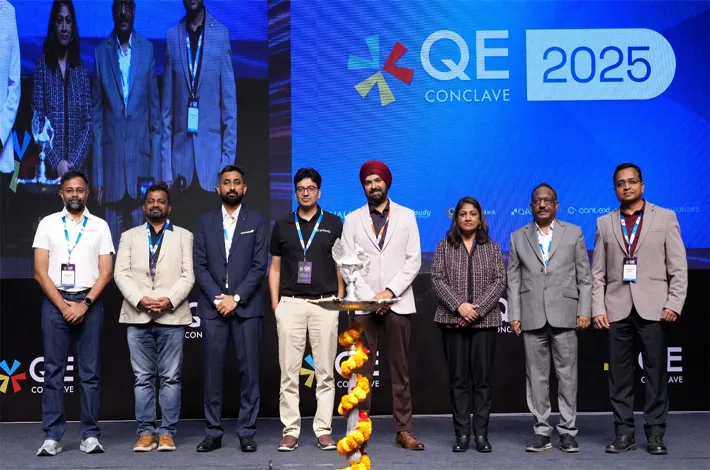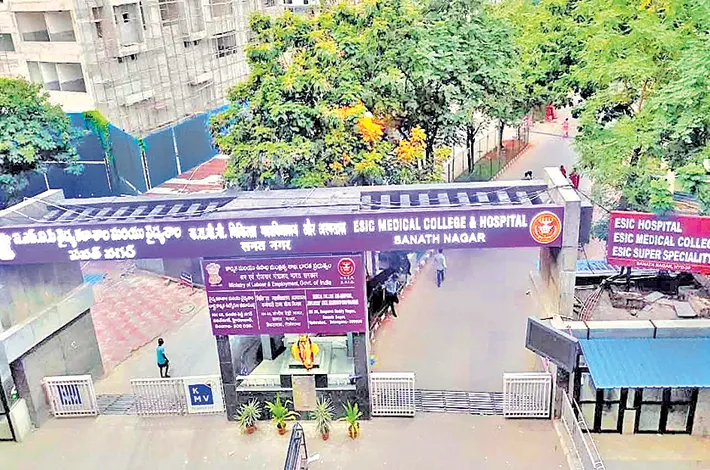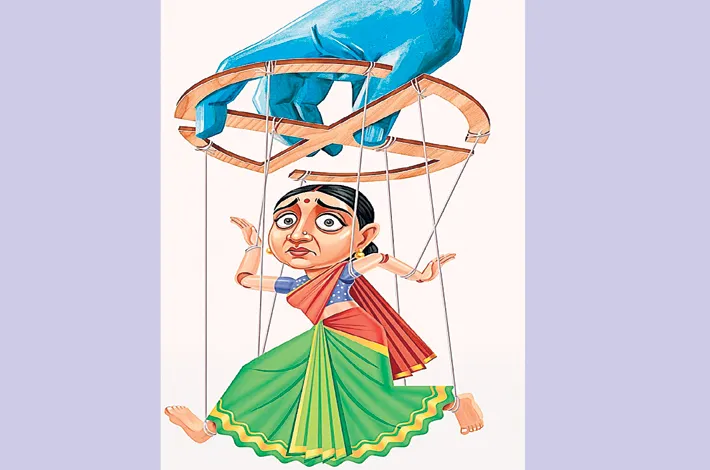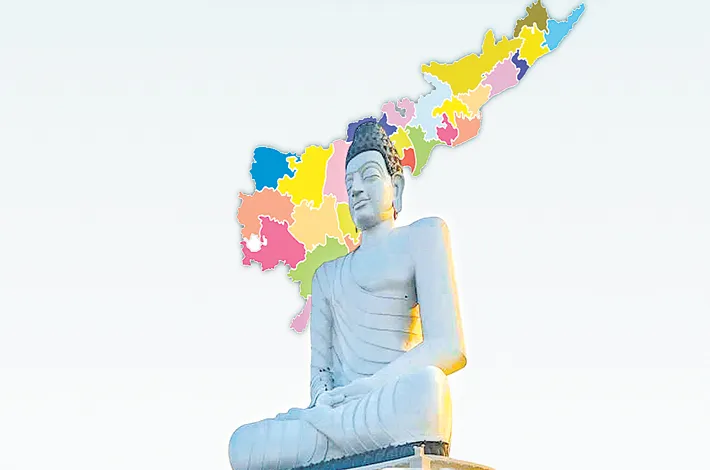42% reservations still a distant Dream
29-11-2025 12:00:00 AM
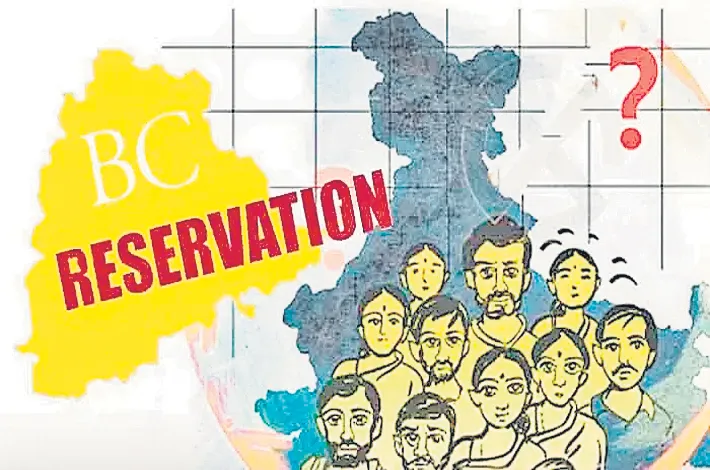
metro india news I hyderabad
The reservation issue continues to torment Telangana's Backward Classes (BCs), with no resolution in sight. Amid uncertainty and crisis over whether the promised 42% reservation will ever materialize, the recent panchayat election notification has delivered a harsh blow to BC hopes.
Until now, BC communities had pinned their dreams on holding elections only after implementing the new quotas—a long-fought aspiration spanning decades. Despite tireless struggles, governments have changed, policies have shifted, but the 42% reservation remains an unattainable mirage for BCs.
Following the Congress government's formation in Telangana, it fulfilled an early promise by initiating a caste census. This led to a bill in the Assembly, an ordinance to the Governor, and a special GO aimed at enforcing the reservations, sparking optimism among BCs. However, all these efforts fell flat. While the ruling Congress has long signaled willingness to allocate seats on a party level if not statutorily, VijayaKranti newspaper had analytically warned early on that achieving 42% without legislative amendments was impossible.
It urged the government to pursue legal changes and cautioned that party-level quotas might become the fallback. Current events are proving that foresight spot-on: With nominations underway for panchayat polls and no court clarity on BC reservations, party-level allocations now appear as the only viable path forward. Analysts say BCs must brace for further delays in securing statutory quotas.
Panchayat Notification lays bare the Reality
The ongoing political debate over BC reservations in Telangana highlights stark realities. While the ruling dispensation claims to have boosted BC representation, the lack of a legally binding framework keeps assurances vague. Political, legal, and administrative hurdles persist. BCs form over 50% of the population—a decisive vote bank—yet their electoral quotas hover below 20%, causing significant underrepresentation.
Current panchayat elections underscore this disparity: Data shows BCs are allotted just 17.08% of seats. This has shattered expectations for local body polls, where BCs hoped for meaningful gains. Though parties contest without symbols in these elections, doubts linger about equitable reservations in future cycles. BC leaders worry that without them, BC seat numbers will dwindle, stunting grassroots leadership development at village and mandal levels and weakening community influence.
Party-Level Quotas: A Dim Light at the End of the Tunnel
The Telangana High Court, hearing petitions against GO 46 on panchayat reservations, refused to stay the election notification or nomination process, noting they are already in motion. It reminded the government of prior directives to expedite polls under the old policy—capping total quotas at 50%—and questioned how a stay could be granted at this stage. This ruling effectively confirms that 42% BC reservations aren't legally feasible without amendments.
With parliamentary amendments stalled and the court blocking interim relief, the 42% goal feels nearly impossible for now, plunging BCs into disarray. Congress's repeated nods to party-level reservations have gained traction as a stopgap, but even this seems impractical. Nominations for the first phase conclude today, rendering mid-process adjustments futile. Consequently, BCs lament that their future hangs in limbo, with little real benefit from such ad-hoc measures.
Brewing Discontent among BCs
These developments risk widespread dissatisfaction among BC voters, potentially reshaping Telangana's political landscape. As local leadership often feeds into Assembly races, unrest at the grassroots could erode trust in the ruling party and alter calculations for upcoming MPTC/ZPTC, municipal, Assembly, and parliamentary polls.
BCs find themselves in a precarious spot, forced to wait indefinitely for legal quotas amid ongoing court battles, data collection, and governmental indecision. Frustration is mounting: Promises from parties and governments ring hollow without action, they charge, accusing leaders of exploiting BCs as mere vote banks.
Amendments and court delays are seen as deliberate stalls, perpetrating injustice on a community comprising over half the state's population. The Congress regime stands accused of lacking sincerity in delivering 42%—and even failing to enforce a minimum 22% in panchayat polls. As anger simmers, BCs are rallying to hold the government accountable, vowing to push forward against this systemic inequity in political reservations.





